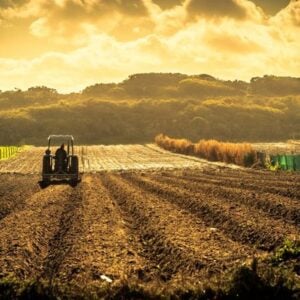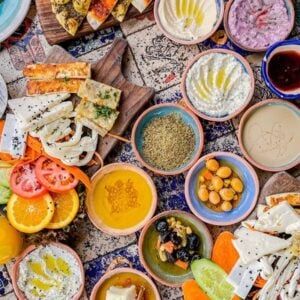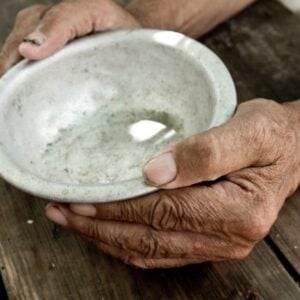At the World Food Forum 2025 in Rome, the Food and Agriculture Organization of the United Nations (FAO) hosted a high-level event to accelerate the implementation of the One Country One Priority Product (OCOP) Initiative, a flagship program designed to strengthen the value chains of crops, forestry, fishery, and livestock products. Since its launch in 2021 by FAO Director-General QU Dongyu, OCOP has empowered countries to promote Special Agricultural Products (SAPs) with high potential for sustainable development, helping to build resilient and inclusive agrifood systems. Currently, 95 countries are promoting 56 SAPs across all regions.
The event, held ahead of FAO’s 80th anniversary and World Food Day, highlighted ongoing projects, reinforced political commitment, and fostered collaboration among governments, research institutions, and the private sector. In his opening remarks, the FAO Director-General emphasized OCOP’s role in translating FAO’s vision for agrifood systems into practical action, highlighting the importance of partnerships among key stakeholders as the engine driving the initiative’s success. He also stressed the program’s impact on small-scale farmers and rural communities, noting that ministers and local partners are central to its implementation on the ground.
King Letsie III of Lesotho highlighted OCOP’s transformative impact on his country, particularly in strengthening the potato value chain and addressing challenges such as limited access to quality seeds, weak market linkages, and low mechanization. Similarly, representatives from Algeria, Bangladesh, and Albania shared their countries’ experiences, emphasizing the importance of collaboration, knowledge sharing, and resource mobilization to expand the initiative’s reach and effectiveness.
OCOP’s global reach has grown rapidly, improving farmers’ livelihoods, increasing access to nutritious food, and reducing environmental impacts. Examples include Bangladesh’s jackfruit, China’s low-carbon tea, Malawi’s bananas, Uzbekistan’s sweet cherries, and Trinidad and Tobago’s cocoa. In Egypt, the initiative is opening markets for date palms, while Lebanon is revitalizing chickpea production, and Brazil is expanding markets for the native fish Tambaqui. These projects demonstrate OCOP’s adaptability to diverse ecological and cultural contexts, providing scalable models for sustainable agrifood transformation.
The implementation of OCOP is supported by over $20 million in funding, including a $5 million contribution from China through the FAO-China South-South Cooperation Programme. The initiative also seeks to create synergies with FAO’s other flagship programs, such as Hand-in-Hand, Digital Villages, and Green Cities. As a key tool for advancing the FAO Strategic Framework 2022-2031, OCOP promotes the Four Betters—better production, better nutrition, a better environment, and a better life—ensuring inclusive and sustainable progress for communities worldwide.






